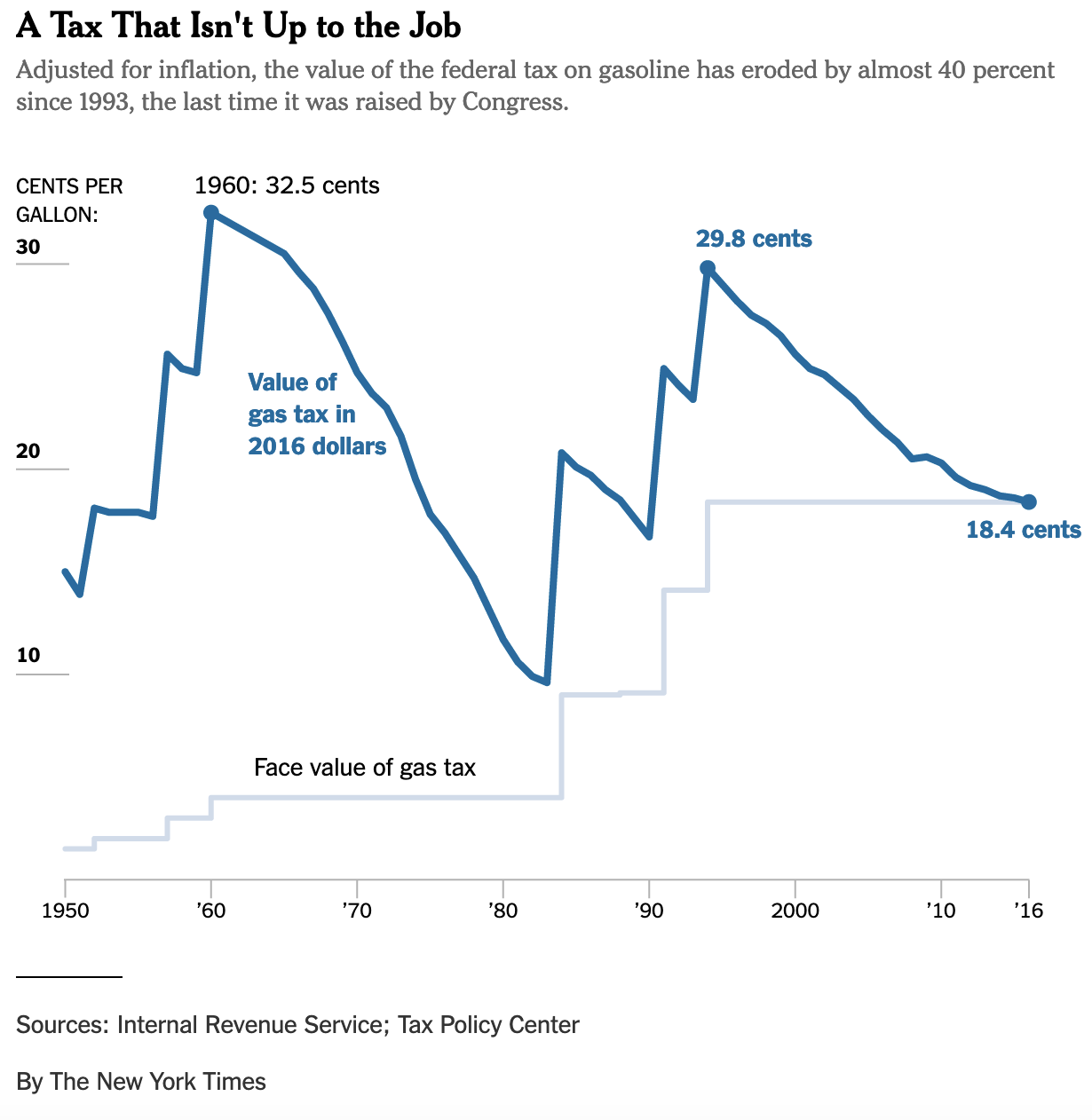Atlantic: Suburbia was never as bad as anyone said it was. Now it’s looking even better
I enjoy
the Atlantic, but I feel it’s necessary to recognize it’s essential
NYC-centricity, and it’s propensity to be one-sided. Sometimes it’s articles
read like (well-written) click-bait.
I regard
the present ode to suburbia as something analogous to the panic-buying of toilet-paper.
Seems like good idea now, but
regrettable later. People are going to panic-buy all sorts of things they aren’t
going to use—chest freezers, etc. For some
people, that will include real estate.
Urban
life is bleak right now, with the lock-down, and everything closed. That’s not
going to last forever. Nor can everyone can work from home. 2/3 of people already have to be at their
place of work to do their job. For the rest—some will keep working at home—they
love spending time with family and the lack of commute. I expect those with the
worst commutes and/or children will be most enthusiastic. I expect working
mothers will be eager adoptees of working from home. I do expect to see
enormous demand for home offices on that basis. But I also expect to see
co-working spaces come back (albeit in a less open-plan format). However, not
everyone can hack working from home, and not everyone is going to like it. I expect
we’ll also see a growing backlash that companies are using employees homes
rent-free. If working from home becomes more normal, the value of that ‘perk’
is going to decline, especially if their isn’t an option of an office
available. I recall an anecdote about a bank in New York which permitted
working from home full-time—they still anticipated having 800 desks for 2000
employees.
 The reality is probably worse: The inputs to making roads (asphalt) were likely subject to higher than average inflation--asphalt and gasoline both come from oil, and refiners got cleverer about
The reality is probably worse: The inputs to making roads (asphalt) were likely subject to higher than average inflation--asphalt and gasoline both come from oil, and refiners got cleverer about